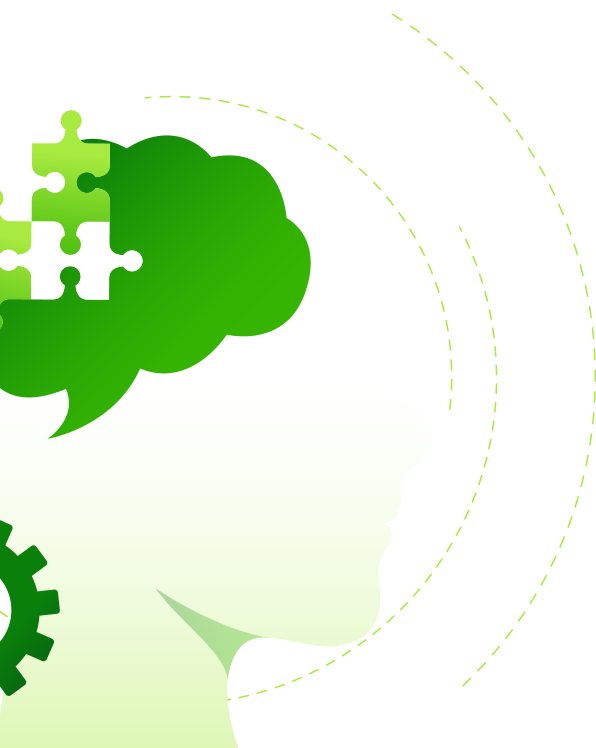
April 20, 2024
In the intricate dance of minerals vital for our well-being, magnesium takes center stage with its profound influence on mental health. Often overshadowed by more prominent nutrients, this mighty mineral is emerging as a key player in the management of anxiety, depression, and overall brain health. This blog post delves deep into the pivotal role magnesium plays in our neurological symphony, how it can help soothe the troubled mind, and the best ways to incorporate it into your daily diet.
The Brain-Magnesium Connection: The human brain is a complex network where billions of neurons communicate via neurotransmitters. Magnesium sits at the heart of this network, regulating neurotransmitter activity and maintaining brain function. Its role is critical in the modulation of stress-response systems, and deficiencies can disrupt the balance, leading to increased susceptibility to stress, anxiety, and mood disorders.
Magnesium and Anxiety: Clinical studies suggest that an adequate intake of magnesium induces a calming effect on the nervous system, promoting relaxation and potentially easing symptoms of anxiety. Magnesium modulates the activity of the body’s stress-response system by maintaining healthy levels of the neurotransmitter GABA, which encourages a state of calm and the reduction of anxious feelings.
Combating Depression with Magnesium: Depression, a complex mood disorder with a multifaceted etiology, has been linked to magnesium deficiency. The mineral’s presence is vital for the proper functioning of certain enzymes and hormones directly related to mood regulation. It’s posited that appropriate levels of magnesium can support brain biochemistry in a way that fosters a more uplifted mood and emotional resilience.
Dietary Sources of Magnesium: While the body naturally contains magnesium, daily intake through diet is essential for maintaining levels that the brain requires. Nutrient-rich sources include:
- Leafy Greens: Spinach and kale are excellent sources of magnesium.
- Nuts and Seeds: Almonds, pumpkin seeds, and chia seeds not only contain magnesium but also provide healthy fats.
- Whole Grains: Buckwheat and quinoa are not only rich in fiber but also magnesium.
- Legumes: Black beans and lentils pack a magnesium punch.
- Bananas and Avocados: These fruits are tasty ways to up your magnesium intake.
Supplementation and Consultation: For those unable to meet their magnesium needs through diet alone, supplements may be an option. However, it is crucial to consult with a healthcare provider before beginning any supplementation, as excessive intake can lead to adverse effects.
Promotion of Services: At Evolving Minds Psychiatry, we understand that nutrition plays a foundational role in mental health. We are dedicated to providing our clients with evidence-based information and support to enhance their mental well-being through comprehensive care plans that include nutritional guidance. Our holistic approach ensures that clients receive personalized care to meet their unique mental health needs, including advice on maintaining optimal magnesium levels.
Conclusion: Magnesium’s importance to mental health cannot be overstated. With its ability to regulate mood, alleviate stress and anxiety, and support overall brain function, it truly is a mighty mineral for mental well-being. By incorporating magnesium-rich foods into your diet and consulting with mental health professionals, you can take an active step towards a more balanced and healthier mind.




